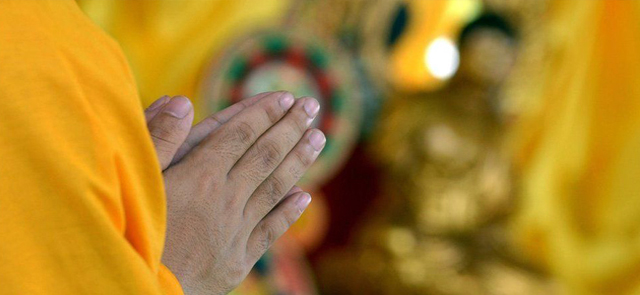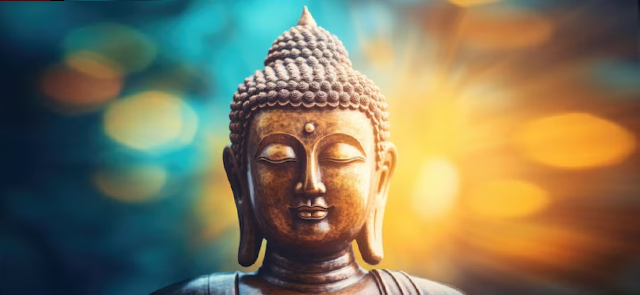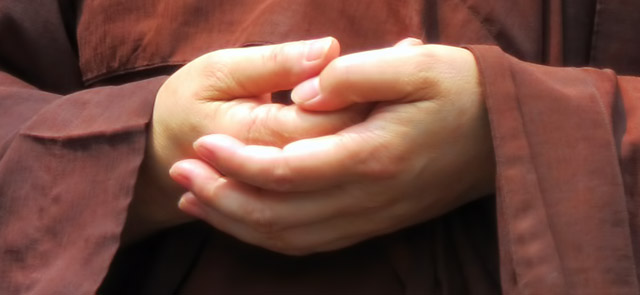The ancient art of Shaolin Kung Fu is not merely a physical practice of combat techniques and self-defense. It is deeply rooted in the philosophy and spirituality of Buddhism, incorporating its principles and teachings into every aspect of the martial art. The fusion of Buddhism and Kung Fu has given birth to a unique and profound practice that extends far beyond the physical realm.
The Origins of Shaolin Kung Fu:
Shaolin Kung Fu originated in the Shaolin Temple, nestled amidst the Song Mountain range in Henan Province, China. The temple was established by the Indian monk Bodhidharma, also known as Da Mo, in the 5th century. Bodhidharma is widely regarded as the founder of Zen Buddhism in China, and he brought with him the teachings of the Buddha, which later influenced the development of Shaolin Kung Fu.
The Interconnection of Buddhism and Kung Fu:
At the heart of both Buddhism and Shaolin Kung Fu lies the pursuit of self-realization, enlightenment, and liberation from suffering. Buddhism teaches the Four Noble Truths, the Eightfold Path, and the concept of emptiness, while Shaolin Kung Fu instills discipline, focus, and self-mastery. Both traditions emphasize the cultivation of the mind, body, and spirit in order to transcend the limitations of the ego and achieve a higher state of consciousness.
Mindfulness and Meditation:
Central to the practice of Buddhism is mindfulness, the ability to be fully present in the moment without judgment. Similarly, in Shaolin Kung Fu, practitioners are encouraged to cultivate a state of mindfulness during training. They learn to concentrate their attention on their movements, breath, and body sensations, allowing them to develop a deep sense of awareness and focus. This mindful approach enhances their physical abilities and enables them to respond intuitively and effectively to their opponents.
Moreover, meditation plays a crucial role in both Buddhism and Shaolin Kung Fu. By engaging in meditation practices, practitioners of Kung Fu seek to calm their minds, cultivate inner peace, and develop a heightened level of concentration. These qualities are essential for executing intricate techniques, maintaining balance, and achieving harmony in combat.
Compassion and Nonviolence:
Buddhism's core principle of compassion and nonviolence finds expression in the practice of Shaolin Kung Fu. Despite its association with combat, Shaolin Kung Fu emphasizes the ethical use of martial arts skills. It encourages practitioners to develop a compassionate heart and respect for all living beings. Shaolin monks are known for their humility, empathy, and dedication to serving others. They strive to minimize harm and promote harmony, utilizing their skills only in defense and as a means to protect the weak and the oppressed.
The Unity of Body, Mind, and Spirit:
Both Buddhism and Shaolin Kung Fu emphasize the unity of the body, mind, and spirit. They recognize that true mastery is achieved when these elements are integrated and aligned. Shaolin Kung Fu training incorporates physical conditioning, flexibility, and strength-building exercises to develop a healthy body. Simultaneously, mental discipline and meditation techniques are employed to cultivate a focused and resilient mind. Through the practice of Kung Fu, individuals learn to harmonize their physical movements with their inner intentions, fostering a sense of oneness and connection with the universe.
In conclusion, the spirit of Buddhism permeates every aspect of Shaolin Kung Fu. Its principles of mindfulness, compassion, nonviolence, and the unity of body, mind, and spirit infuse the practice with a profound sense of purpose and spiritual growth. Shaolin Kung Fu serves not only as a means of physical combat but also as a path towards self-realization, inner peace, and enlightenment. The combination of Buddhism and Kung Fu in the Shaolin tradition offers a transformative journey that transcends mere martial arts, instilling practitioners with wisdom, resilience, and a deep connection to the world around them.






